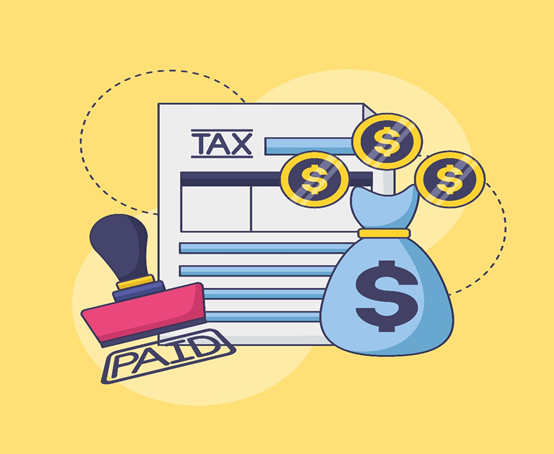We pay a tax even when we buy a tiny little toffee. Well, that’s right. Taxes are taken for the well-being of society—likewise, education for needy people, health, hospitals, roads, and a lot of noticeable acts.

When was the last time you thought about how you make your tax payments? It’s not something most people do. But if you’re like most people, you know the basics of how the tax system works. All members at Stock King Options pay taxes on their gain through our trading rooms. For example, if you’re an employee, you pay taxes that are withheld from your paycheck. If you’re self-employed, you pay estimated taxes quarterly via estimated quarterly payments (SEPPs). Stock options have taxes too, let’s figure it out in the next phase of the article. Taxes are paid on all gains of stock equities and stock options.
We pay taxes on business income and job income, but the question comes here. Do we have to pay taxes when we buy or sell our stock? It is better to get acknowledged about taxes on stock options. There are, basically, two kinds of stock options granted.
- Non-qualified stock option.
- Incentive qualified stock option.
Let’s consider a non-qualified stock option. Suppose you have a 20$ share, but when you thrive and exercise, the value becomes 25$. The 5$ gap between it is the compensation; that’s where the taxes appear. There are a few taxes that can come in your way: –
Taxes:
- There is a federal income tax appointed by the US government or most of the states.
- A local tax or maybe state taxes can also be applied.
- Medical taxes.
- Social security taxes.
How is it calculated?
Whenever we buy or sell equity, it is called capital gains. Capital gains can be classified in two ways.
- Long term.
- Short term.
The seller gets a short term capital gain when a buyer sells equity in 12 months from a lower to a higher amount. In the same way, if it is lower than higher, it is also a short-term capital loss.
Here is the basic formula for calculating short-term capital gains.
Sale price – Sale Expenses – Purchase Price
This is known as a long-term capital gain or loss when it lasts longer than 12 months.
So, how are taxes calculated? For short-term capital gains, there is a 15% tax. It has no concern with the income tax slab. And for long-term capital gains, there is a 10% tax.
You can take advantage of short-term capital loss within stock equities. For example, you have a short capital loss of 100k$ this year and your short capital gain of 50k$. You no longer have to pay 15% tax on this gain because this will compromise the last year’s capital loss. But half of the amount still left, it can be carried through for more years.
Incentive Stock Options Tax Rules
Incentives stock options or statutory stock options are applied to stocks purchased by employees. Three things need to be noted when the ISO is granted to the employee. The ISO is given to you, you have to exercise and sell it.
Let’s consider it is 10$ for a share, which means there are 1,000 ISO’s given to you. It’s better for an employee to stick around the job because there is a schedule called vesting. In the vesting period, an employee cannot exercise or sell until this schedule passes. This vesting period is basically connected with ISO’s. Once this vesting period is over, you can act on ISO’s.
An adjustment, we say, consists of the difference between the fair market value of shares obtained by the exercise of ISOs and the amount for the ISO (if any). However, the adjustment is only applicable if the stock is a transferable one.




